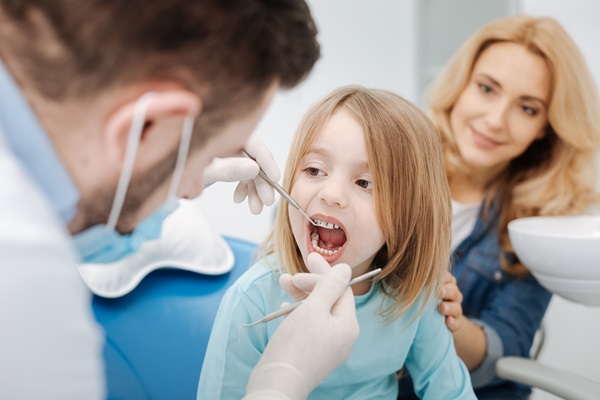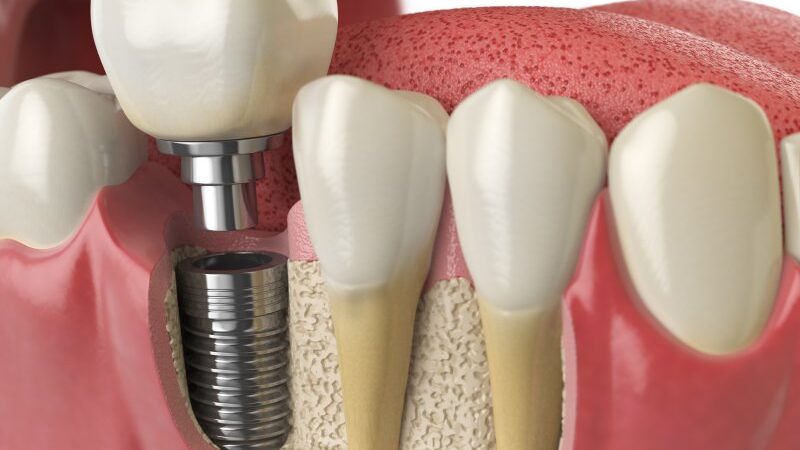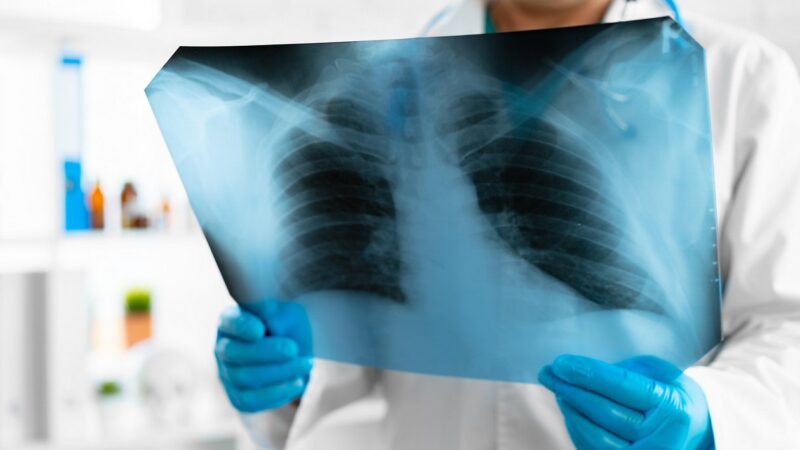Alcohol Addiction Symptoms: Recognizing the Signs and Seeking Help

Alcohol addiction, also known as alcoholism or alcohol use disorder (AUD), is a chronic disease characterized by an inability to control alcohol consumption despite its negative impact on an individual’s health, relationships, and overall well-being. It is a serious condition that affects millions of people worldwide, but it is also treatable with the right interventions. Understanding the symptoms of alcohol addiction is crucial for identifying the problem early and taking steps toward recovery.
In this article, we will explore the key symptoms of alcohol addiction, its potential consequences, and the various treatment options available for those struggling with this disorder. Additionally, we will examine the importance of seeking professional help, using expert insights from Oasis Detox, a reputable detox center specializing in addiction treatment.
What is Alcohol Addiction?
Alcohol addiction is a complex condition that can develop over time, often starting with social drinking and escalating to more frequent or excessive use. In its most severe form, alcohol addiction can take a significant toll on an individual’s physical and mental health, as well as their social and professional life.
Alcoholism is classified as a substance use disorder, which means that the individual’s relationship with alcohol becomes problematic and harmful. People with alcohol addiction often find it difficult to stop drinking, even when they recognize the negative consequences that their drinking has on their lives. This difficulty in controlling drinking is a hallmark symptom of alcohol use disorder.
The severity of alcohol addiction can vary, and it is often categorized into mild, moderate, and severe forms based on the number of symptoms experienced.
Key Symptoms of Alcohol Addiction
Recognizing the signs of alcohol addiction can be difficult, especially in the early stages when drinking might still seem like a normal part of life. However, certain symptoms become more pronounced as the addiction progresses. Here are the key symptoms to watch for:
1. Increased Tolerance
As a person drinks more frequently and in larger quantities, they may develop a tolerance to alcohol. This means they need to consume more alcohol to experience the same effects that they once got from smaller amounts. Increased tolerance is a significant indicator that the body is becoming dependent on alcohol, and it can lead to escalating consumption over time.
2. Physical Dependence and Withdrawal Symptoms
One of the hallmark signs of alcohol addiction is physical dependence, which occurs when the body adapts to the presence of alcohol. When someone with alcohol addiction stops drinking or significantly reduces their consumption, they may experience withdrawal symptoms. These symptoms can include:
- Tremors or shaking
- Sweating
- Nausea and vomiting
- Headaches
- Irritability or anxiety
- Seizures (in severe cases)
Withdrawal symptoms can range from mild to severe, and they are often a key motivator for continued drinking. This is why individuals with alcohol addiction may feel compelled to drink to avoid the discomfort of withdrawal.
3. Loss of Control
People with alcohol addiction often struggle to control how much they drink. Despite their best intentions, they may find themselves drinking more than they planned or drinking for longer periods than they had anticipated. The inability to control alcohol consumption is a clear indicator of addiction and often leads to feelings of shame, guilt, or frustration.
4. Craving Alcohol
People with alcohol addiction often experience intense cravings or urges to drink, even in situations where drinking is not appropriate or beneficial. These cravings can be triggered by various factors, such as stress, social situations, or boredom. The desire to drink can overpower other activities or priorities, leading to a preoccupation with alcohol.
5. Neglecting Responsibilities and Obligations
As alcohol consumption increases, individuals may start neglecting important responsibilities and obligations. They may miss work, school, or social events due to drinking, or they may fail to meet personal commitments such as taking care of their family or managing household chores. Alcohol addiction often takes priority over other aspects of life, resulting in the erosion of relationships, career advancement, and personal well-being.
6. Continued Drinking Despite Negative Consequences
Even when drinking leads to serious consequences, such as health problems, legal issues, or relationship difficulties, individuals with alcohol addiction may continue to drink. They may justify their behavior or deny the severity of the problem. This pattern of denial and continued drinking despite negative outcomes is a classic symptom of addiction.
7. Social and Behavioral Changes
Alcohol addiction can also lead to changes in an individual’s social behavior. This may include:
- Withdrawing from social activities that don’t involve alcohol
- Engaging in risky behaviors (e.g., drinking and driving, unprotected sex)
- Becoming isolated from family and friends
- Lying or hiding drinking habits
As alcohol consumption becomes more frequent, individuals may gravitate toward social situations that involve drinking, while avoiding events that do not. These changes can further isolate them from their support networks and exacerbate the problem.
8. Physical Health Problems
Long-term alcohol abuse can lead to a variety of serious health issues, including liver damage, heart disease, high blood pressure, digestive problems, and neurological damage. Alcohol addiction is also a major risk factor for mental health disorders such as depression and anxiety. People with alcohol use disorder may experience blackouts, memory loss, or difficulty concentrating, all of which can have a significant impact on daily functioning.
The Stages of Alcohol Addiction
Alcohol addiction typically develops in stages, which can be helpful in understanding the progression of the disorder. The stages include:
1. Experimentation
The initial stage of alcohol use often involves occasional or social drinking. People may drink to have fun, to fit in, or out of curiosity. At this stage, drinking does not necessarily have negative consequences, but it can still lead to risky behaviors.
2. Regular Use
In this stage, drinking becomes more frequent. An individual may start drinking in social situations, but also on their own or in response to stress. They may develop a tolerance, and drinking might become more of a routine. The signs of physical dependence may not be immediately obvious, but the foundation for addiction is being laid.
3. Problematic Use
At this point, alcohol use begins to have negative consequences. The individual may start to neglect responsibilities, experience conflicts with family and friends, or engage in risky behavior. Their drinking may no longer be confined to social settings, and they may find themselves drinking alone or excessively.
4. Dependence
In this stage, the individual’s body has become dependent on alcohol, and withdrawal symptoms occur when they try to stop drinking. Cravings for alcohol are intense, and drinking takes priority over other important aspects of life. Health problems may begin to emerge, and the person may feel trapped in the cycle of addiction.
5. Addiction
The final stage of alcohol addiction is full-blown addiction, where the individual is physically and psychologically dependent on alcohol. Drinking is no longer a choice but a compulsion. At this point, alcohol use can have severe consequences for the individual’s health, relationships, and livelihood. Seeking treatment is critical at this stage to prevent further harm.
Treatment for Alcohol Addiction
Treatment for alcohol addiction typically involves a combination of detoxification, therapy, and support. The goal is to help individuals stop drinking, manage withdrawal symptoms, and address the underlying psychological issues that contribute to addiction.
1. Detoxification
Detox is the first step in treating alcohol addiction. During this process, the body is allowed to rid itself of alcohol, and medical professionals closely monitor the individual for withdrawal symptoms. Detox can be dangerous, especially for those with severe alcohol addiction, and should be done under medical supervision in a safe and supportive environment.
According to Oasis Detox, a detox center specializing in addiction treatment, “The process of detoxifying from alcohol can be challenging, but it is a crucial first step in healing. With the right care and guidance, individuals can navigate through the withdrawal process and begin their journey toward lasting recovery.”
2. Therapy and Counseling
After detox, therapy plays a key role in helping individuals understand the root causes of their addiction and develop strategies for maintaining sobriety. Common therapeutic approaches include:
- Cognitive-behavioral therapy (CBT): Helps individuals recognize and change negative thought patterns and behaviors.
- Motivational interviewing: Encourages individuals to explore their ambivalence about recovery and strengthens their commitment to change.
- Group therapy: Provides peer support and allows individuals to share their experiences in a safe and supportive environment.
3. Support Groups
Support groups such as Alcoholics Anonymous (AA) provide a sense of community for individuals in recovery. These groups offer regular meetings, sponsorship, and shared experiences, all of which can help individuals stay sober.
The Importance of Seeking Help
Alcohol addiction is a serious condition that can lead to long-term physical, emotional, and social harm. However, recovery is possible with the right treatment and support. Recognizing the symptoms of alcohol addiction and seeking professional help early can significantly improve the chances of successful recovery.
If you or someone you know is struggling with alcohol addiction, it is important to reach out to a detox center or treatment facility for guidance. Addiction treatment professionals can assess the severity of the problem and help create an individualized treatment plan that addresses the specific needs of the person in recovery.
In conclusion, alcohol addiction is a serious and progressive disease that can affect every aspect of an individual’s life. Recognizing the symptoms early, seeking professional help, and committing to recovery are the first steps in regaining control and rebuilding a healthy, fulfilling life. By addressing both the physical and psychological components of addiction, treatment programs offer hope and healing for those ready to take that first step toward recovery.
Conclusion
Alcohol addiction is a challenging and often misunderstood condition. It can affect anyone, regardless of age, gender, or background, and it often manifests gradually, making it difficult to recognize until it has already caused significant damage.







